The MSF team on Lesvos island, Greece, conducted over 1,500 mental health consultations between January and August 2024. Our psychologists report that most patients suffer from post-traumatic stress disorder, depression, and acute stress disorder. People’s symptoms include difficulty sleeping, flashbacks, chronic fatigue, despair, depersonalisation, and helplessness, among others.
The undignified living conditions in the Closed Control Access Centre (CCAC) which hosts about 1,200 people, compounded by the increasing securitisation and restriction of movement for the residents, have a devastating impact on their physical and mental health conditions. This adds to the suffering endured during their journey.
First-hand piece by the MSF mental health and social worker team on Lesvos island, Greece:
For vulnerable people, like those seeking safety arriving on Lesvos and living inside the Closed Control Access Centre, 10 October, World Mental Health Day, is a day to acknowledge the struggles they face due to their poor living conditions and the impact these conditions have on their mental well-being. We also want to take this opportunity to emphasise the importance of community support, what that can do to foster resilience and aid in recovery.
The living conditions our patients face are often dire and take a heavy toll on their mental health. Many of the individuals we support not only carry the scars of their journeys or their experiences in their home countries, but also the weight of uncertainty about their future. People feel stripped of their freedom to choose or control their choices. Every decision is made for them – from the food that they eat to what time they can shower based on the available water. The limited access to basic necessities – water, food, healthcare, and clothes, for instance – creates a constant state of insecurity.
Meanwhile, the living conditions themselves can serve as reminders of past trauma, triggering distressing memories and feelings.
Have you ever considered that even the sound of strong winds and fierce sea waves could evoke memories of a traumatic journey in a small boat across the Aegean for a person who has sought safety on Lesvos? And now, living in a tent next to the sea, our patients relive this nightmare every night.
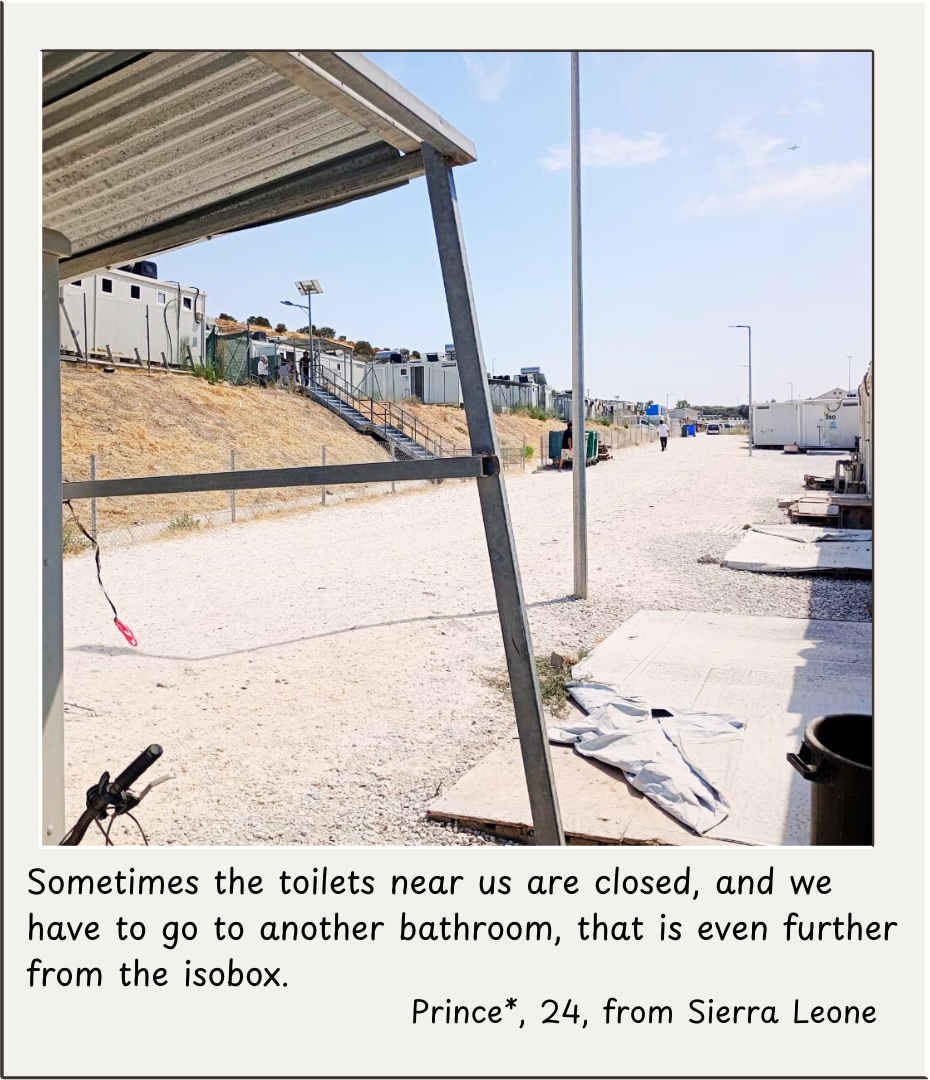
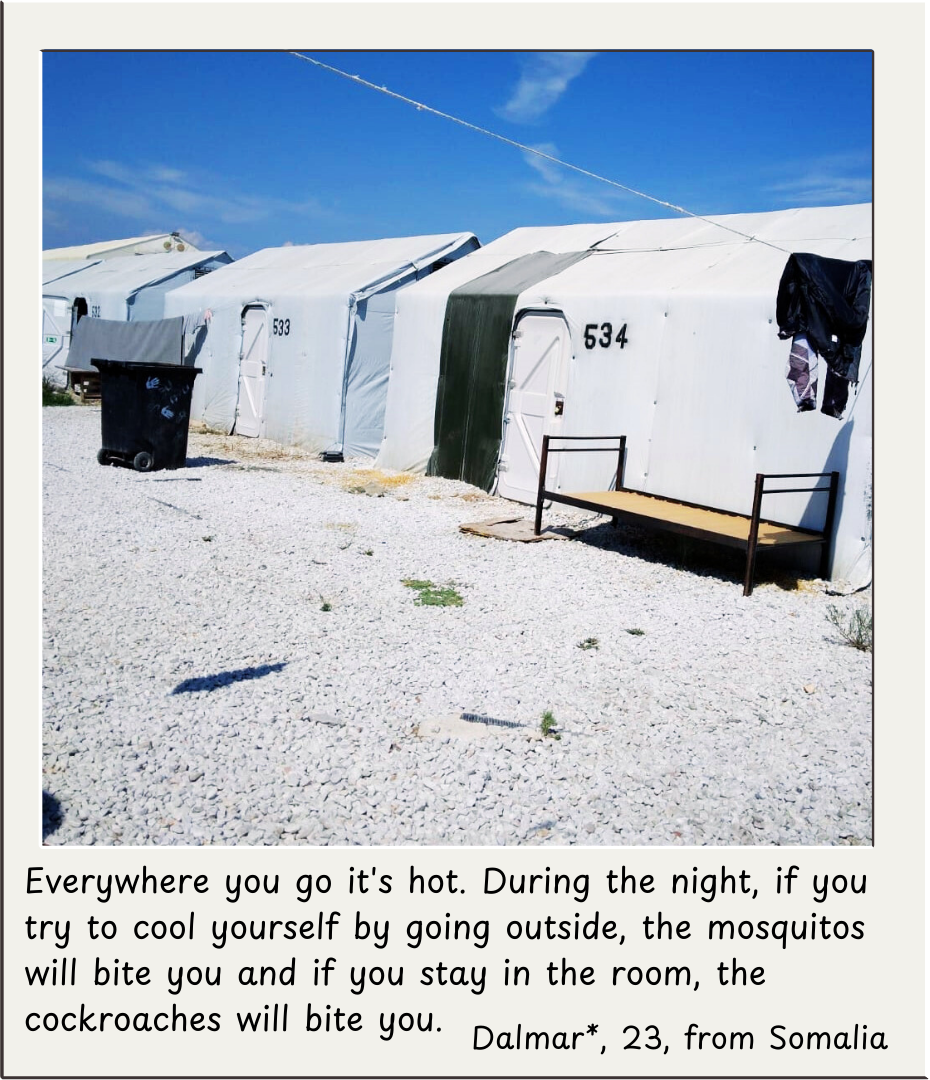
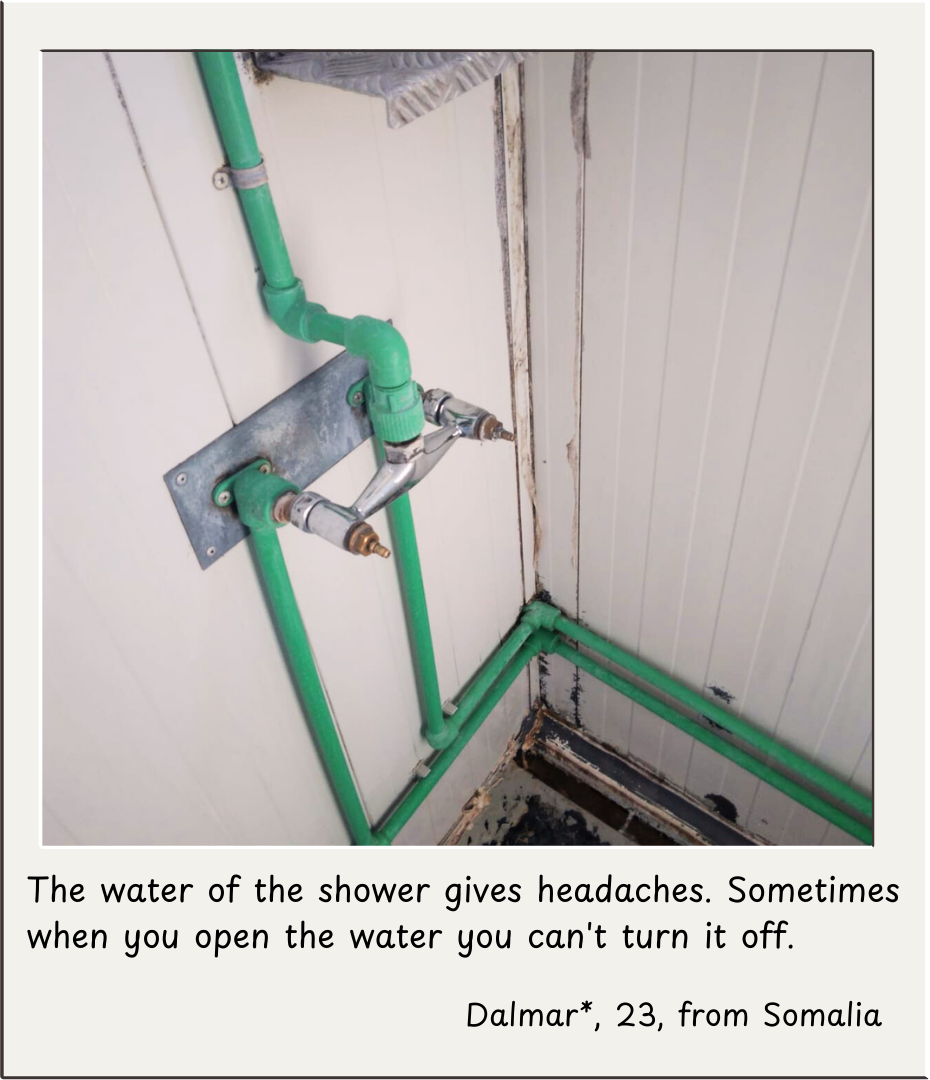
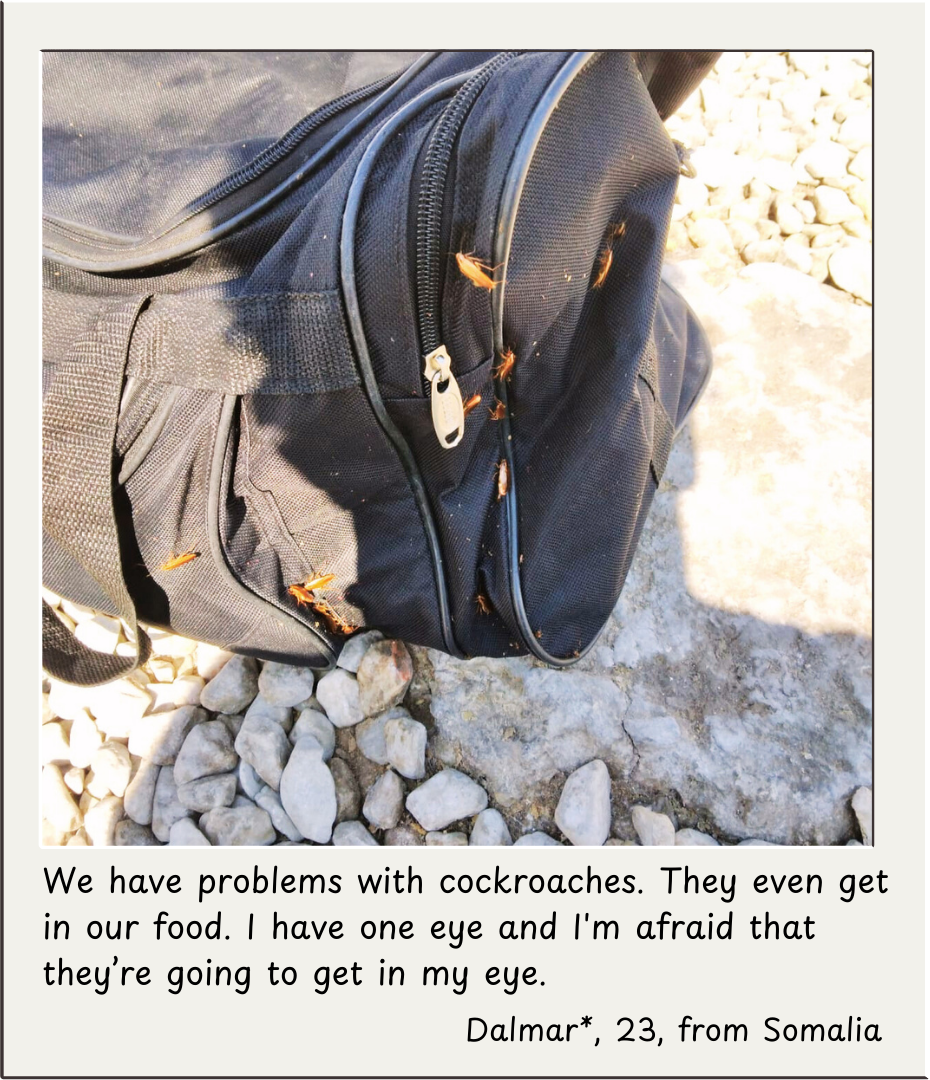
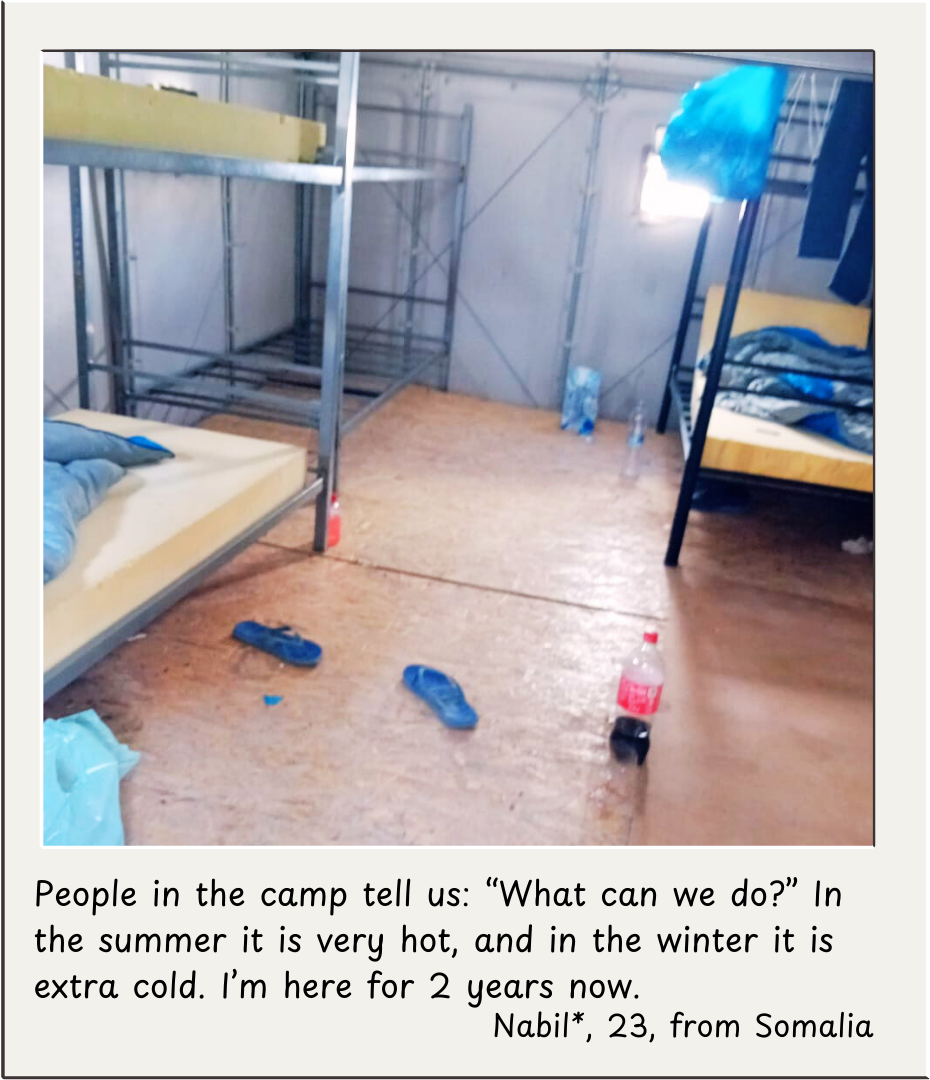
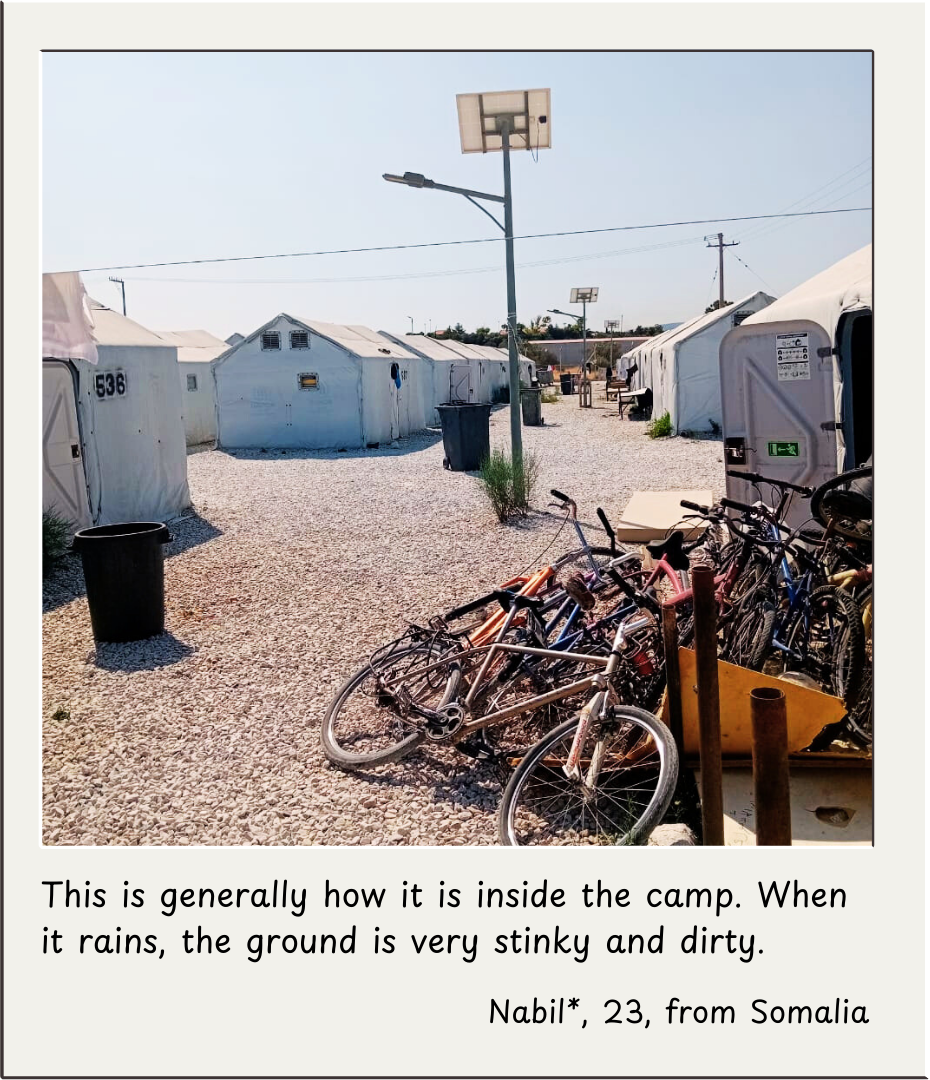
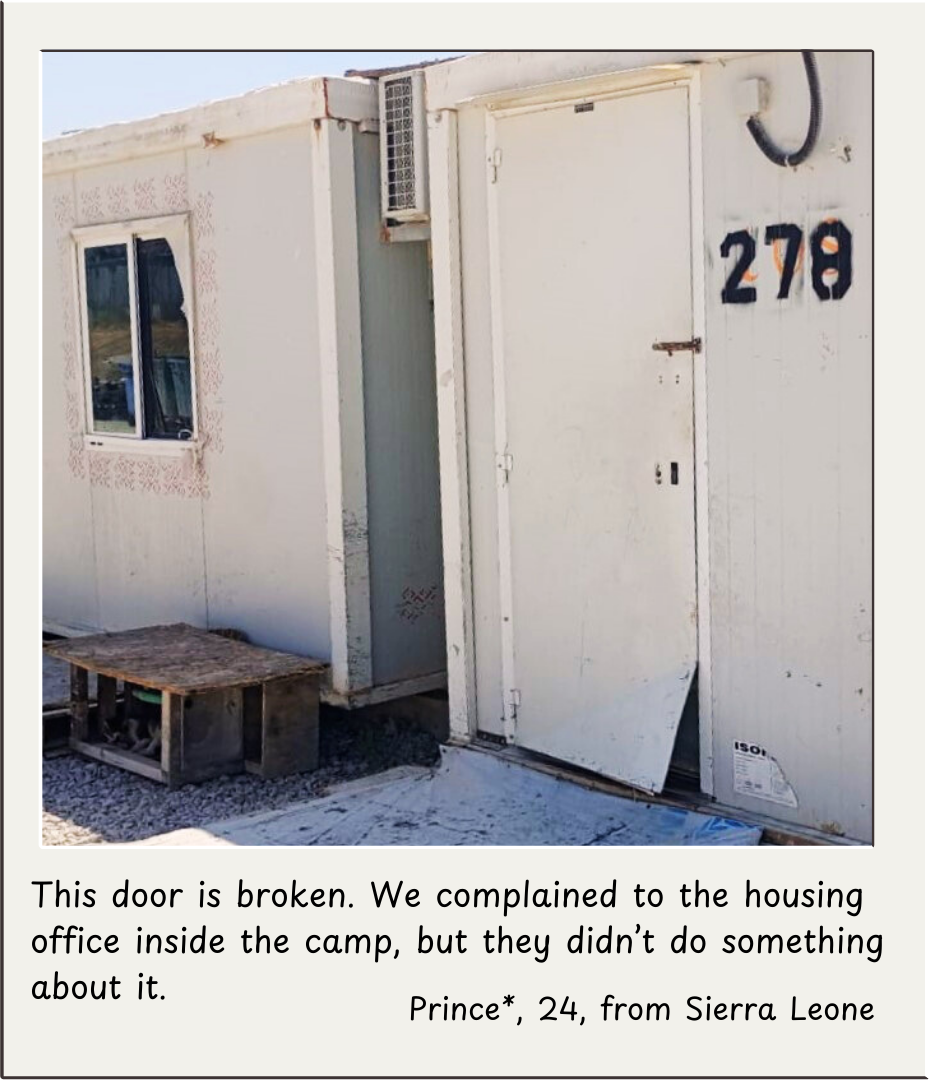
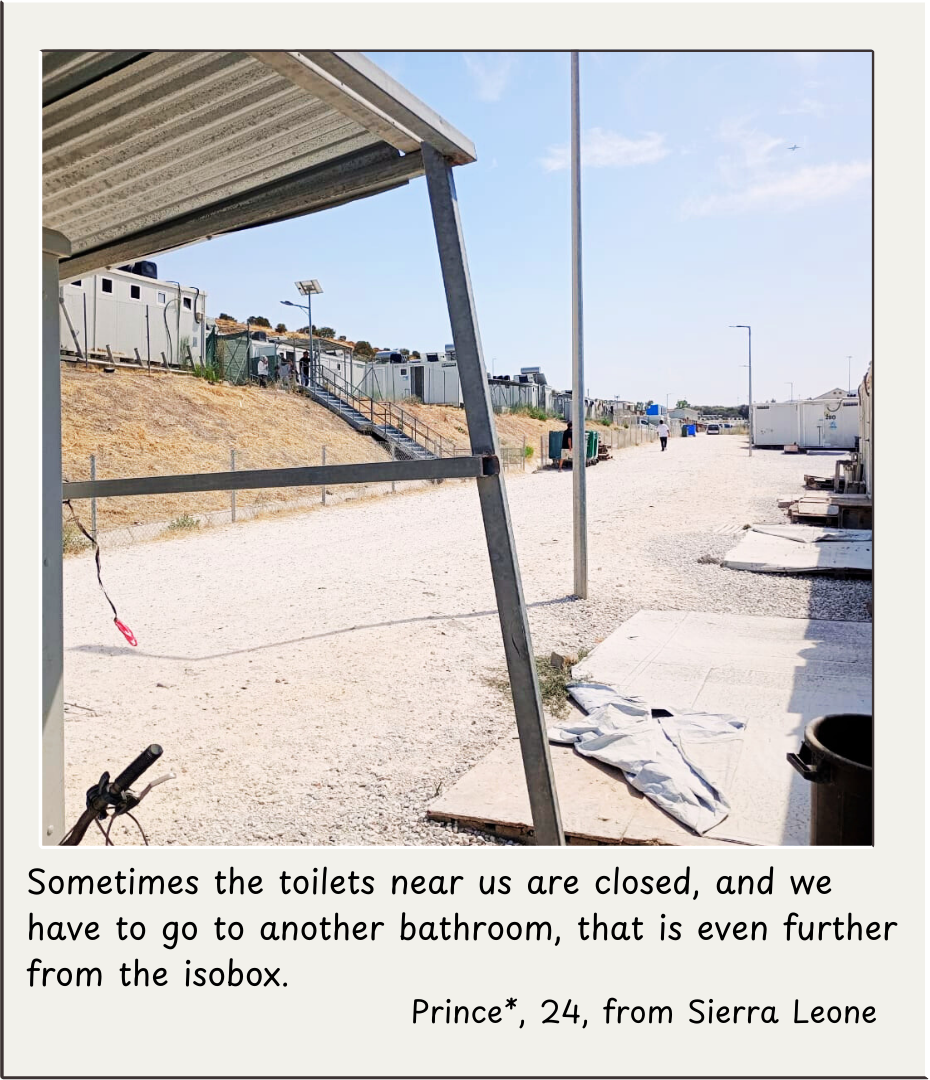
In addition, the uncertainty surrounding their asylum procedure adds to a person’s psychological burden. The lack of clarity about their application can heighten anxiety and fear. Fast-tracked procedures or lengthy bureaucratic processes are made worse by language barriers and cultural differences, which complicate access to services and inhibit understanding of available support. This all makes it harder for a person to advocate for their needs.
Through our roles as psychologists and social workers on Lesvos, we strive to create a safe and supportive environment, where patients can share their stories.
People come to us with feelings of stress, fear, loss, and hopelessness. It’s disheartening to see how all the previous and current experiences harm their well-being, often leading to post-traumatic stress disorder, depression, anxiety, and psychosis.
We try to build trust with our patients, understanding that for many, sharing their story is scary and hard. It also requires time for each person individually, which often is not possible because people can be suddenly transferred from the camp to the mainland. Still, each interaction with them brings new insights into the resilience of the human spirit. It also exposes us to the harsh realities of life in the camp.
What can you tell a young mother who, after spending time homeless and alone, sleeping in a park in Türkiye while pregnant, has now ended up in an overcrowded camp where she has no idea about her and her baby’s future?
These experiences underscore the urgent need for comprehensive mental health support. The living conditions many face are not just physical challenges – they are mental health crises waiting to unfold. It is crucial that we advocate for improved living conditions and access to mental health resources for people who have reached Lesvos.
We need to create a space where mental health is prioritised, where healing is possible, and where the dignity of every individual is upheld. Let us continue to work together to ensure that mental well-being is recognised as a fundamental aspect of health — especially for those who have endured the unimaginable.
-
Related:
- Greece
- Levsos
- mental health
- mental healthcare












